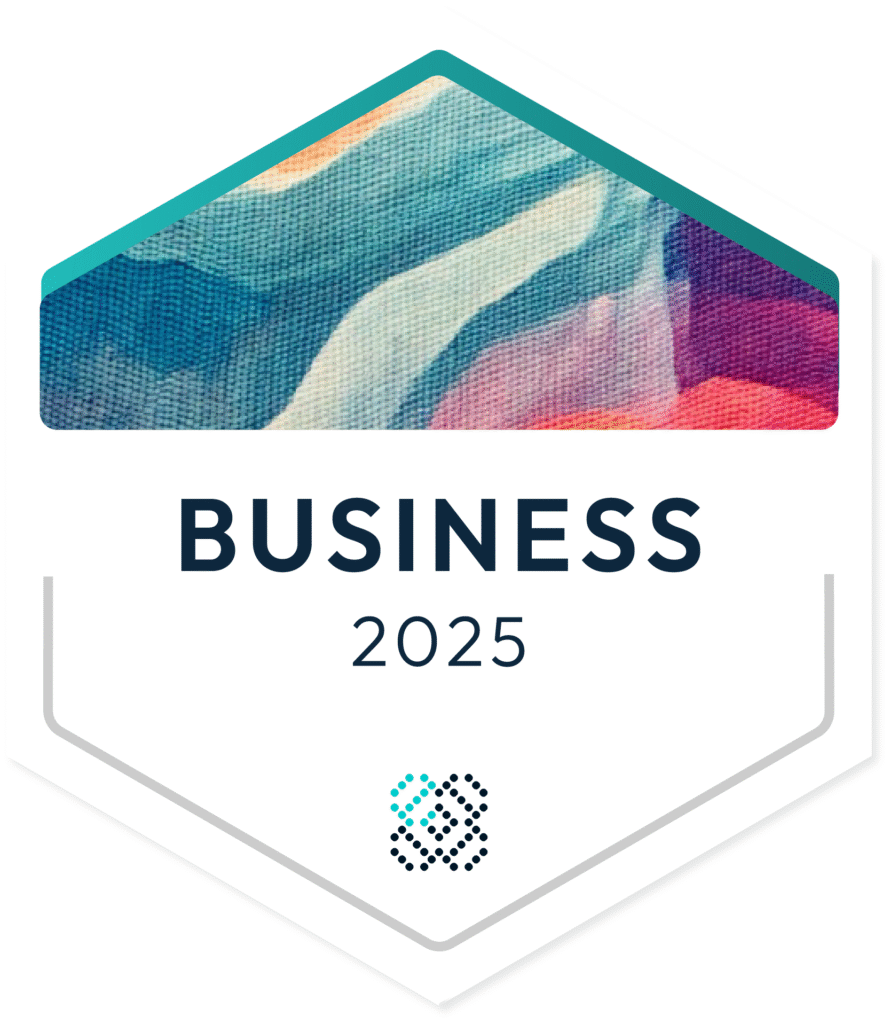(Suggested) Stage & Syllabus Outcomes Alignment: Commerce – Stage 4/5
Delivery Mode: Hybrid: Classroom & Online
SDG Focus: Decent Work and Economic Growth (UN SDG 8): Decent Work and Economic Growth: Promote sustained, inclusive, and sustainable economic growth, full and productive employment, and decent work for all.
Framework: Inquiry-Based Learning
Lesson Sequence Overview
In today’s digital world, a strong online presence is essential for business success. This lesson will help students understand the importance of digital activation, including branding, websites, social media, e-commerce, and online customer engagement. Students will analyse how businesses on the Central Coast can leverage digital tools to reach customers, grow, and remain competitive.
Key Features of Lesson Sequence
Teacher Guide (version 1.0)
Online Learning Management System
Student Workbook (Assessment Presentation): Emerging Digital Marketer l Digital Marketing Strategy Deck
Activity/Info: Alternative to tables found in student workbook/presentation
Central Coast Education Networks – Student Permission Form: Digital Credential
Cooper Jitts, Founder of Talk Agency, introduces the Emerging Digital Marketer – Deep Dive lesson sequence as part of the Central Coast Education Network Business Growth learning experiences for students. Throughout the lesson modules, students will be guided and coached by members of the Talk Agency team to develop a digital marketing strategy for a business on the Coast or an idea they have for their own business.
We recognise the learning and contributions of all participants—teachers, students, and partners—through the issuance of digital badges and credentials across all our programs.
To receive a digital credential, which is endorsed by industry, government, and research partners, students and partners must complete an electronic exit questionnaire. This process allows us to capture valuable insights for continuous improvement across the network.
The value for students lies in the recognition of their achievements, while teachers can use these credentials as validation for professional learning hours, which we support teachers to receive.
For secondary school students, permission from parents and carers will be required. Permission forms, outlining all necessary information, will be available for download in the resources area or provided electronically for teachers to distribute
Your students, should they choose, will be applying for the Central Coast Education Networks Credential ‘Business Builder—Emerging Digital Marketer’. To complete this application, teachers will be provided a link to share with the students to complete a short online questionnaire.
Note: As students’ names and emails are collected during the application process, parental or guardian consent is required for students under 16 for the credential to be issued. Please have parents and caregivers complete the permission form.

We recognise that participation in the piloting or testing of any resources being developed is at the discretion of schools and teachers and realise challenges to collaboration can pop up at any time. Our approach is to be flexible, supportive, and mindful of educators’ workloads, while realising all feedback we receive from teachers during this process will lead to the development of classroom resources and student experiences that will benefit everyone.
What We Ask from our education collaborators:
Our hope is that this approach ensures that the learning experiences remain practical, adaptable, and informed by those who will use them most—teachers and students.
Generally, we curate lesson sequences to align with an Inquiry-Based Learning (IBL) approach. However, we are not prescriptive about how a teacher uses these resources; use them as you see fit for your class and students.
Industry Partner Note: Inquiry-Based Learning (IBL) is an educational approach that emphasises investigation, exploration, and problem-solving. This method allows students to actively engage with real-world challenges, making it easier for industry partners to contribute meaningfully.
The IBL learning sequence follows this structured framework:
Why We Chose Inquiry-Based Learning:
The IBL approach supports structured assessment and recognition, ensuring clear pathways for students, teachers, and industry partners to engage within the project credentialing framework.